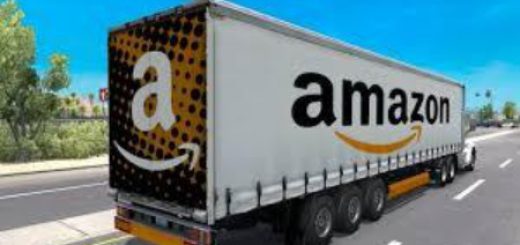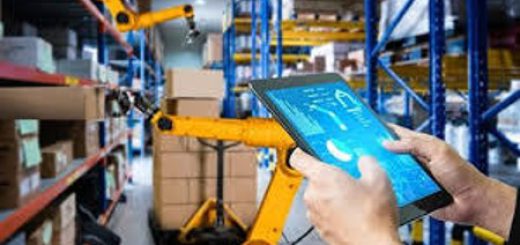Opportunities and Challenges in the Indian Trucking Industry
India’s e-commerce boom is driving a seismic shift in the country’s logistics landscape, with road transportation emerging as the backbone of this rapidly evolving sector. By 2027, the Indian road logistics market is projected to reach a staggering $11.5 billion, fueled by the growing partnerships between e-commerce giants, retailers, and third-party logistics (3PL) providers. At the heart of this transformation lies the trucking industry, which caters to a staggering 85% of the logistics demand. However, despite its pivotal role, the Indian trucking sector faces numerous challenges that threaten to impede its growth and hinder the nation’s e-commerce aspirations.
One of the most significant hurdles is the highly fragmented nature of the market, with over 30 million small fleet owners operating between one and five trucks each. These small-scale operators grapple with a host of challenges, including poor network connectivity, irregular freight, communication barriers, lack of trust, and limited visibility. The absence of a robust ecosystem that could address these issues exacerbates the problem.
Truck drivers often struggle to secure loads, relying heavily on a small network of agents, transporters, and shippers. This manual, offline approach leads to cash payments that are frequently delayed or less than agreed upon, fostering distrust and financial instability among truckers. The need for online payment systems with escrow functionalities to ensure fair and timely payments is pressing.
Infrastructure challenges pose another significant hurdle. While the government has allocated substantial funds to the transportation sector and launched initiatives like the Pradhan Mantra Gati Shakti scheme, the specific needs of commercial vehicle drivers remain largely unaddressed. The absence of well-planned pit stops, rest areas with hygienic facilities, vehicle maintenance services, and fair wages significantly impacts drivers’ well-being. Long working hours, months away from family, and difficulty in securing return loads further strain their physical and mental health.
The National Human Rights Commission has highlighted the plight of commercial truck drivers, emphasizing that despite their vital role in the economy, the informal and disintegrated structure of the trucking industry often results in the denial of their fundamental rights.
To achieve the ambitious goal of becoming a $5 trillion economy by 2026 and supporting the burgeoning e-commerce sector, India must develop a robust road transportation logistics ecosystem. The government’s initiative to create an integrated digital logistics system is a step in the right direction, but more needs to be done.
Digital marketplaces offer viable solutions to many operational challenges faced by the road transportation sector. These platforms provide round-the-clock booking facilities with verified parties, enabling truckers to have greater visibility and optimize their routes, leading to reduced fuel consumption and increased profits. Shippers can register on these platforms, upload load details, and receive competitive bids from truckers, ensuring the best price discovery.
Also Read:- Can Eco-Friendly Transportation Propel India Towards Its 2070 Net Zero Carbon Goal?
Digitization has also revolutionized documentation, introducing e-copies of bills, challans, and permits, saving truck drivers valuable time. With the help of digital transport community platforms, truck drivers can now operate more efficiently, increasing their truck utilization and earnings. They can run operations for 25-26 days per month, compared to 15-16 days earlier, while also selecting routes as per their convenience.
As omnichannel retail reshapes e-commerce operations, technology platforms with focused digitization efforts for the road transportation sector will be crucial. These platforms will enable road transport players to adapt to competitive landscapes, manage demand spurts during peak seasons, and improve coverage in rural areas.
The future of the Indian trucking industry lies in fully integrated, digital, and trusted ecosystems that prioritize the needs of the trucking community. A well-developed digital logistics ecosystem will not only contribute to reducing India’s logistics costs and enhancing the ease of doing business but will also play a pivotal role in the success of India’s e-commerce boom.
The transition from a fragmented, unorganized, and small-scale trucking industry to a community-driven, digitally enabled, efficient transport ecosystem is essential for India to unlock the full potential of its road logistics sector and solidify its position as a global e-commerce powerhouse.
Source By:- https://indiashippingnews.com/




Recent Comments